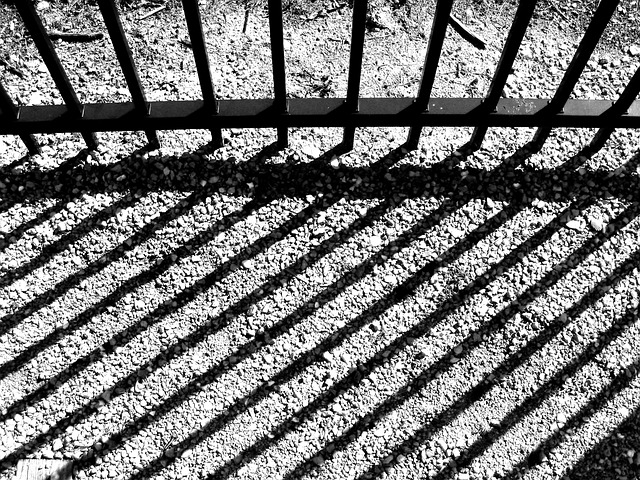Prioritizing pedestrian safety in urban areas, especially for foreign national employees facing unfamiliar legal systems and DUI-related issues, is paramount. Dedicated infrastructure like separated foot traffic, clear crosswalks, speed bumps, and traffic calming measures enhance safety and inclusivity. Well-designed sidewalks and crosswalks, coupled with clear signage and consistent enforcement of traffic rules, encourage responsible behavior and help navigate legal challenges, including Foreign National Employee DUI Defense. Addressing technological glitches and improving information accessibility about pedestrian rights is crucial for fostering security and inclusivity within urban communities.
In many cities, pedestrians face significant risks on shared streets. This article explores the crucial topic of Pedestrians’ Rights and Safe Streets, with a special focus on protections for Foreign National Employee rights in the event of DUI (Drunk Driving) Defense. By examining current laws and advocating for improved infrastructure, we aim to highlight strategies that enhance pedestrian safety, especially for vulnerable groups. Understanding these rights is essential for fostering inclusive and responsible communities.

In urban areas, ensuring safe streets for pedestrians is paramount, especially when considering the diverse population, including foreign national employees who may be navigating unfamiliar surroundings. These individuals often face unique challenges, particularly if they are facing issues like a DUI (Drunk Driving Under Influence). Dedicated pedestrian-friendly infrastructure can mitigate these risks by separating foot traffic from vehicular flow, providing clear crosswalks, and implementing speed bumps or traffic calming measures. Such designs not only enhance safety but also foster inclusivity for all residents and workers, regardless of their origin or legal status.
For foreign national employees facing DUI charges, having safe streets means more than just preventing accidents; it’s about having a support system in place. In many cities, well-designed sidewalks and crosswalks can serve as a psychological safety net, encouraging responsible behavior and reducing the likelihood of impaired walking. Additionally, clear signage and consistent enforcement of traffic rules can help these individuals make informed decisions and avoid potential legal pitfalls, especially when they might be less familiar with local laws, including those related to Foreign National Employee DUI Defense.
API responded with status code 524.

In today’s globalized world, where many cities are becoming melting pots for diverse populations, including a significant number of foreign national employees, ensuring safe streets is paramount. The presence of pedestrians, especially those who may be non-native to the area or facing challenges like language barriers and cultural differences, necessitates a nuanced approach to law enforcement. Unfortunately, incidents involving Foreign National Employee DUI Defense highlight the complexities that arise when laws are not effectively communicated or understood by all members of society.
API responses with status code 524, often indicating a “Gateway Timeout,” may seem like technical jargon, but they underscore broader issues in public safety systems. These technological glitches can lead to misunderstandings and delays in services, directly impacting the experience of foreign nationals who might already face barriers in navigating local laws and regulations. Addressing these tech-related challenges alongside improving access to clear information about pedestrian rights is crucial for fostering a sense of security and inclusivity within urban communities.
Ensuring safe streets for pedestrians is paramount, especially for foreign national employee DUI defense cases. By prioritizing pedestrian rights and implementing effective traffic management strategies, communities can create a safer environment for all road users. This not only enhances quality of life but also supports a robust economy, as vibrant and secure neighborhoods attract businesses and foster growth. Remember that every step towards improving street safety contributes to a more inclusive and resilient society.






